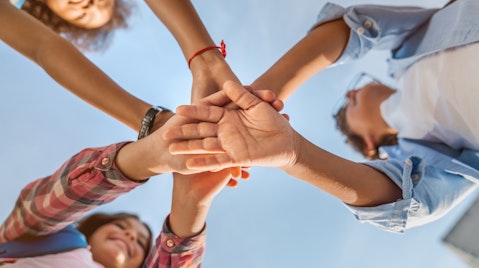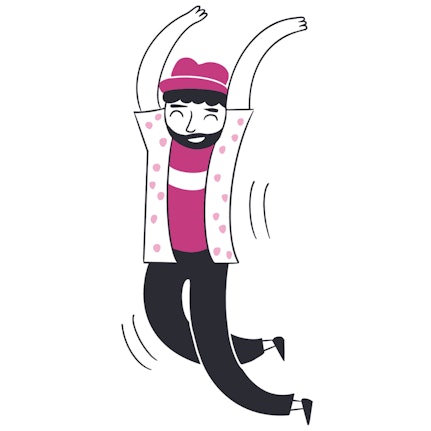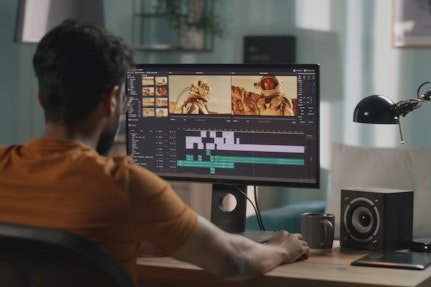Rotherham: Children's Capital of Culture 2025
This case study is linked to our IGN report, Culture and creative industries: A catalyst for inclusive growth

Danielle Jackson
Head of Inclusive Growth Network

Danielle Jackson
Head of Inclusive Growth Network

Rotherham will become the world’s first Children’s Capital of Culture in 2025. This year of culture has been created by children and young people, with their definition of culture at its heart.
It is catalysing inclusive growth by:
- Diversifying participation in cultural planning
- Providing young people with careers advice and skills development
- Removing barriers to accessing culture
Celebrating young people
The project began in 2017 when writing charity Grimm & Co asked local children and young people what they would do if they were in charge of Rotherham. In response, 30 young ambassadors developed a manifesto of what they wanted for the town, which was presented to change-makers in the city, including the Council and cultural organisations. This involved running a pop-up embassy in the town centre and inviting feedback from locals, as well as a larger consultation process. This resulted in the Children’s Capital of Culture, a year-long celebration of imagination, creativity and community.
Young people aged 16-25 will be able to take part in a traineeship programme, focused on shortage occupations in the creative sector. The traineeships aim to build a pipeline of talent, encouraging young people to consider creative careers and learn new skills, such as theatre tech and event management.

Recognising value
‘Young people in our town have a real level of expertise, knowledge and thoughtfulness. When we don’t include young people in cultural planning for a town or city, we miss a huge amount of talent and wisdom. Inclusive growth should not just be about economics and numbers. It should focus on quality of experience, with children and young people getting more out of the cultural sector.’
Sarah Christie, Programme Manager, Children's Capital of Culture
Removing barriers to participation
Rotherham is diverse with large South Asian, Roma and Slovak communities, Ukrainian refugee families, and a higher-than-average number of asylum seekers, people in care, and pupils with special educational needs and disabilities. Many of the young people involved in Children’s Capital of Culture identify as LGBTQAI+, disabled or neurodivergent. Historically, some of these communities have faced barriers to participation in cultural and creative activity.
The Children’s Capital of Culture actively seeks to ensure that the young people in these communities have a voice and Rotherham’s diversity of cultures and identities is celebrated. The team have helped overcome barriers to inclusivity by respecting diverse identities and listening to young people’s needs around accessibility.
Summary
By drawing on young people’s talent, enthusiasm and insight, the Children’s Capital of Culture wants to create a positive legacy for the region that responds to what Rotherham and its young people need.
IGN Insights
Browse other IGN insights to find what inclusive growth looks like in practice and how it is benefitting people and places across the UK







